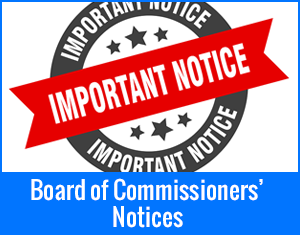- By Lynne Mitchell
- Posted Thursday, August 17, 2017
Protect Your Eyes During a Solar Eclipse
In a 70-mile wide band from central Oregon through South Carolina, a total eclipse of the sun will be visible across the entire continental United States for the first time in almost 40 years. The rest of the nation and parts of North and Central America will experience a partial solar eclipse. Without special eye protection, viewing a partial eclipse can cause vision loss, even permanent blindness. But, with proper eyewear or a solar viewer, you can safely enjoy this sight of the century.
The Sun in Your Eyes
Looking directly at the sun without the correct eye protection, even for a short time, can cause permanent damage to your retinas, a light-sensitive part of the eye that transmits what you see to your brain. Damage can occur without pain, and it can take a few hours or even a few days after viewing the eclipse to have symptoms of damage, which include not being able to see colors as well and loss of central vision, with only side vision remaining. If you notice any symptoms after viewing the solar eclipse, seek immediate help from your eye care professional.
Safely enjoy this exciting solar eclipse by taking the time to protect your eyes.
Safe Watching
The only way to look directly at the sun when it’s not eclipsed or is only partly eclipsed is with a special solar filter, such as eclipse glasses or a handheld solar viewer. Goggles, homemade filters, or sunglasses, even very dark ones, will not protect your eyes. Also, always avoid looking at the sun through an unfiltered camera, smartphone, telescope, or any other optical device. You’ll need to add a certified solar filter to these devices to safely look at the sun.
Eclipse glasses and handheld solar viewers are inexpensive and can be purchased from many retailers. However, not all meet the required ISO 12312-2 international safety standards; make sure yours do. Even if your eclipse glasses meet the safety standards, don’t use them if:
- The lenses are scratched.
- The lenses are wrinkled.
- They are older than 3 years.
You can also make your own simple and inexpensive pinhole projector to safely view the eclipse. Be sure to follow instructions carefully, and never look at the sun through the pinhole.
CDC’s Vision Health Initiative
CDC’s Vision Health Initiative (VHI) works to improve eye health, reduce vision loss and blindness, control eye disease and eye injury, and promote the health of people with vision loss. VHI hopes you can safely enjoy this exciting solar eclipse by taking the time to protect your eyes. Learn more about VHI’s work at the VHI website.
Source: CDC.gov






